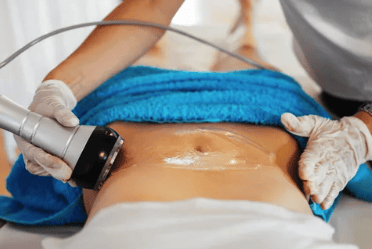
Ultrasound Cavitation is a cosmetic treatment that helps remove unwanted fat from the body.
Ultrasound Cavitation it's considered the main alternative to liposuction.
The Ultrasound Cavitation procedure uses ultrasound and radio waves to break down fat cells and cellulite without affecting nearby organs and cells. The disrupted fat cells will then process through the digestive system naturally. Unlike surgical fat loss treatments, with Ultrasound Cavitation there's no pain, scarring, bleeding, and no risk of infection or downtime needed for recovery.
How does it work?
During the procedure, a technician will apply a hand tool that transmits low-level ultrasonic waves to your skin. The compression-expansion impulses create micro-bubbles that enlarge, collide, and implode, producing shock waves that "leak" the content of fat cells in a process called cavitation. The waste material is then processed through the liver and released from the body through sweat and digestive elimination.
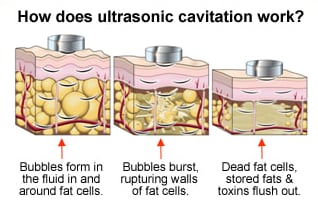

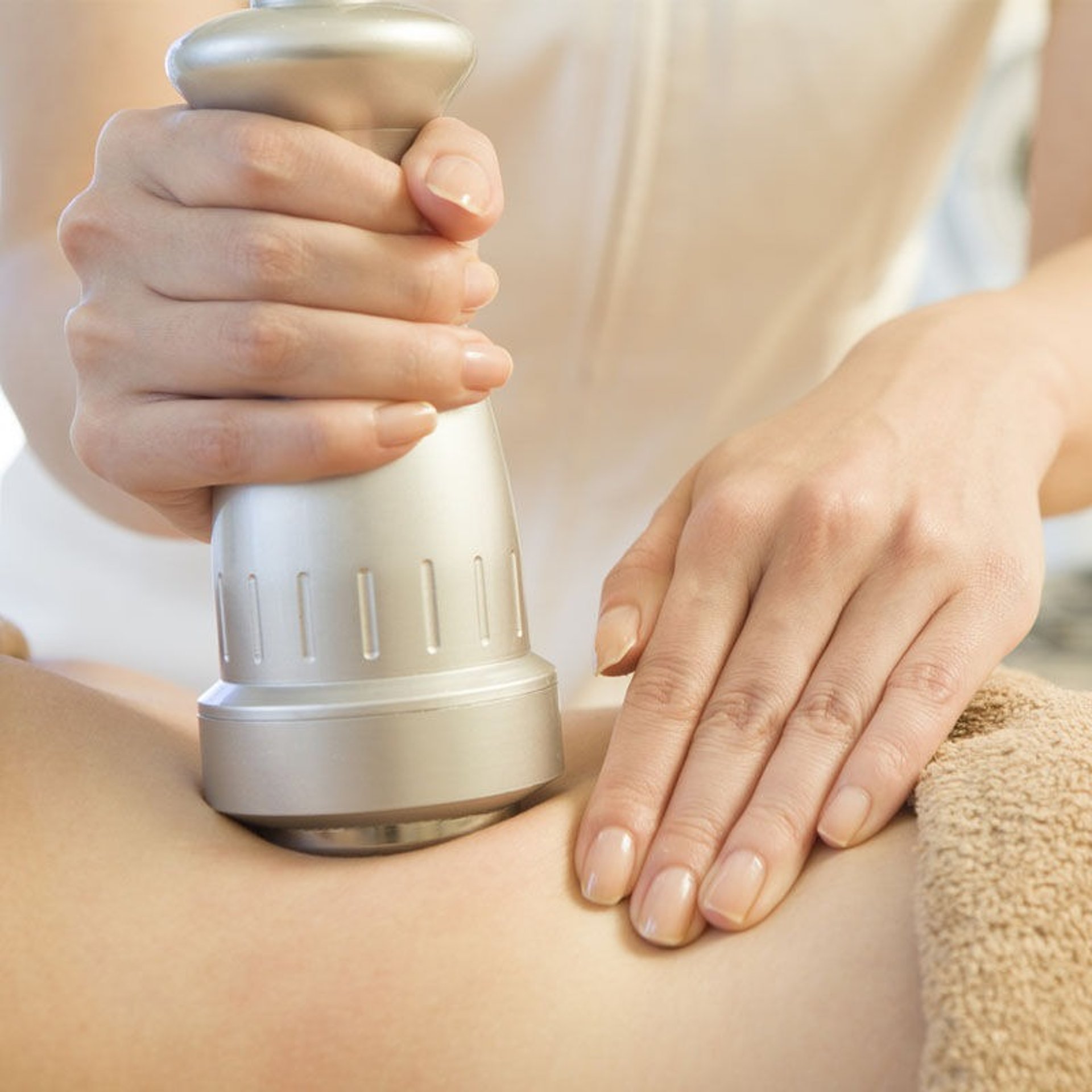
The Results
Some results will be visible immediately, but the entire process can take several days to complete (peak results are usually seen within 72 hours of treatment). Results will depend on the condition of the eliminated fat, including how long it has existed and how dense it is. Typically you can expect 1 to 2 inches of fat loss after the first treatment and up to 2 inches of loss after each subsequent treatment.
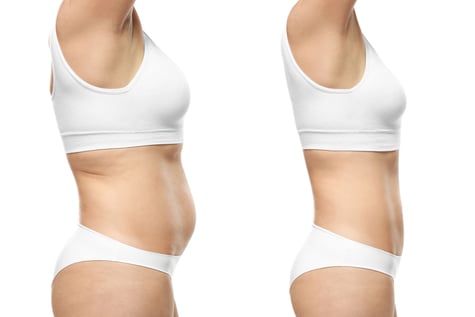

Benefits
Inch loss
Improves blood circulation & lymph circulation
Improves skin texture
Body tightening
Non invasive, no pain
No anesthesia
Removes fat cells permanently
Reduces cellulite
Connective tissue tightening
Immediate results/ no downtime
Leaves no scars
FDA approved
Continues to break down fat for 48-72 hours after the treatment
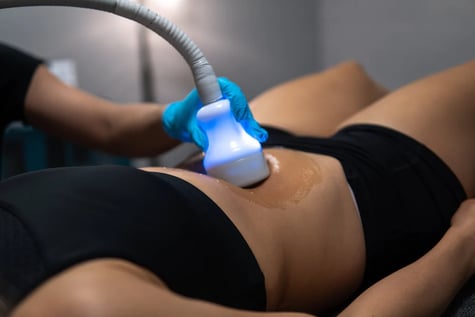

Who can have the treament
Ideal candidates for Ultrasonic Cavitation should generally be in good health but moderately overweight. However, there are certain conditions that make individuals ineligible for treatment:
Who should avoid treatment:
- Pregnant or nursing individuals
- Those taking anticoagulants
- Individuals with pacemakers or metal implants
- Anyone with recent surgeries, current infections, or infectious diseases
- People with a compromised lymphatic system or immunodeficiencies
- Those with severe health conditions such as heart disease, diabetes, cancer, epilepsy, high/low blood pressure, hemophilia, or tuberculosis
If you’re unsure whether you’re a suitable candidate, it's best to consult with our therapist for guidance.
